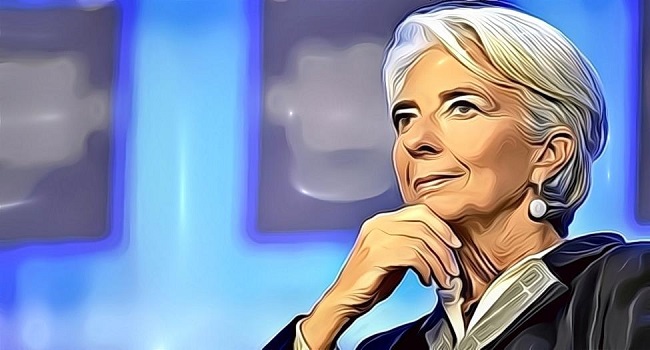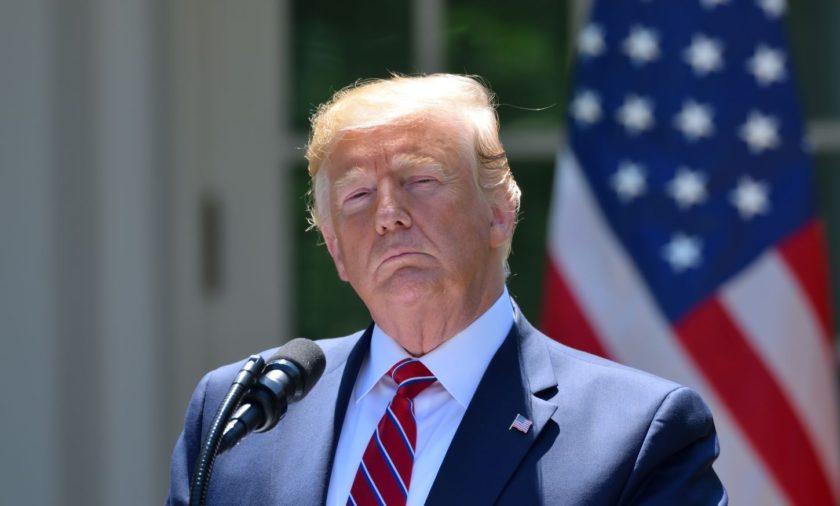Christine Lagarde, the newly-nominated European Central Bank (ECB) President, might bode well for the crypto industry as she presents a balanced perspective about cryptocurrencies.
It is first important to note that cryptocurrencies, with Bitcoin in the lead, have been a topic of a lot of passionate discussions by economists and professionals in the finance industry as many of them are concerned about the volatility and legitimacy of digital currencies. Some believe that cryptocurrencies can be a game changer during times of crisis while others consider them as a mere bubble that is about to burst.
Christine Lagarde was both one of the many critics who warned about Bitcoin, but also someone who keeps an open mind regarding future trends and technologies. In April this year she told CNBC during an interview that cryptocurrencies are “shaking the system.” And unlike many commentators and pundits, her attitude towards cryptocurrencies has an actual consequential meaning, so it might be vital to comprehend her position about the crypto market.
Lagarde, who had previously been the managing director at the International Monetary Fund, has just been nominated to replace Mario Draghi as president of the European Central Bank (ECB). With her assertion that cryptocurrencies are ‘shaking the system,’ one might surmise that several changes are inevitable regarding the approach and attitude of the ECB, which in turn may also affect mainstream adoption of digital assets.
Crypto Friend or Foe (Or Somewhere in Between)?
“I think the role of the disruptors and anything that is using distributed ledger technology, whether you call it crypto, assets, currencies, or whatever … that is clearly shaking the system,” the 63-year-old Lagarde said in the aforementioned CNBC interview. “We don’t want to shake the system so much that we would lose the stability that is needed.”
In the year 2017, when she was still the head of the IMF, she affirmed in a different interview that it’s time for the world’s central banks and regulators to get serious about digital currencies. She also added that the potential of cryptocurrencies and blockchain shouldn’t be underestimated as they could be the reason behind the upcoming mass disruption in the domain of finance.
In another speech in 2017, addressed the challenges of cryptocurrecies and offered a sensible approach to future prospect of the crypto industry:
“But many of these are technological challenges that could be addressed over time. Not so long ago, some experts argued that personal computers would never be adopted, and that tablets would only be used as expensive coffee trays. So I think it may not be wise to dismiss virtual currencies.”
Cryptocurrency and blockchain communities have already accepted and embraced Lagarde’s nomination to be the head of ECB, with some expecting her openness towards crypto may help the crypto industry to flourish further.
Lagarde seems to have a different opinion of Bitcoin and crypto compared the previous ECD head Mario Draghi, who treats digital currencies not as currencies but as “highly risky” assets. He also expressed his preference of stablecoins over Bitcoin. As a result, the ECB has distanced itself from crypto exploration until now and consequently the ECB’s responsibility to regulate crypto.
Lagarde’s background as a politician made many believe that she will adopt a totally different approach towards crypto when it comes to running the ECB than her predecessor’s Mario Draghi. Will it actually be the case? We’ll just have to patiently wait and see towards which direction the wind from the ECB will blow.




